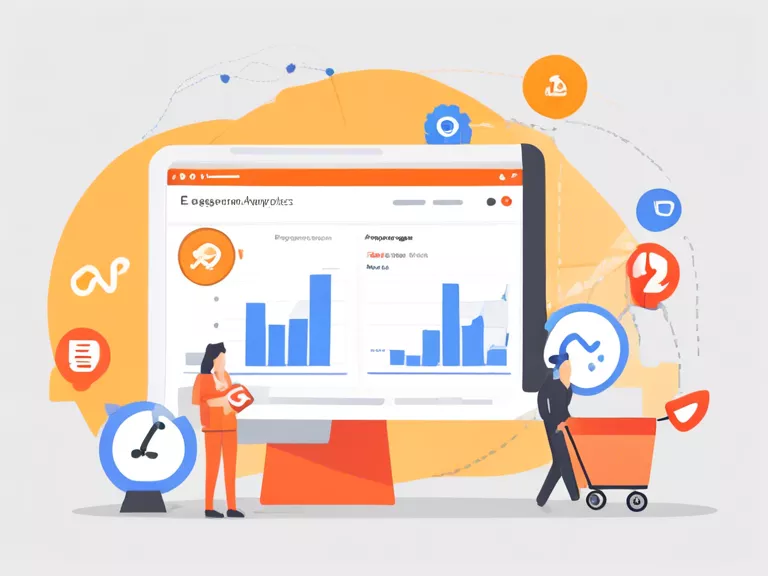
Google Analytics is a powerful tool that can provide valuable insights into the performance of your e-commerce website. By properly setting up and utilizing Google Analytics, you can track key metrics related to your online store, such as traffic sources, conversion rates, and revenue. In this article, we will explore how to use Google Analytics to track e-commerce performance effectively.
Setting up Google Analytics for e-commerce tracking is relatively straightforward. Start by creating an account and adding your website to the platform. Once your website is added, you can enable e-commerce tracking in the admin settings. This will allow Google Analytics to track important e-commerce metrics such as revenue, transactions, and average order value.
One of the most valuable features of Google Analytics is the ability to track the source of traffic to your e-commerce website. By looking at the Acquisition reports, you can see which channels are driving the most traffic and conversions to your site. This information can help you make informed decisions about where to focus your marketing efforts.
In addition to tracking traffic sources, Google Analytics can also provide valuable insights into user behavior on your e-commerce site. By using the Behavior reports, you can see which pages are the most popular, where users are dropping off in the sales funnel, and which products are generating the most revenue. This information can help you optimize your website for better performance and increased conversions.
Finally, Google Analytics can help you track the effectiveness of your marketing campaigns. By setting up goals and tracking conversions, you can see which campaigns are driving the most revenue and which ones need to be optimized. This data can help you allocate your marketing budget more effectively and improve your return on investment.
In conclusion, Google Analytics is a powerful tool for tracking e-commerce performance. By setting up e-commerce tracking, analyzing traffic sources, monitoring user behavior, and tracking marketing campaigns, you can gain valuable insights into the performance of your online store and make data-driven decisions to improve your results.



